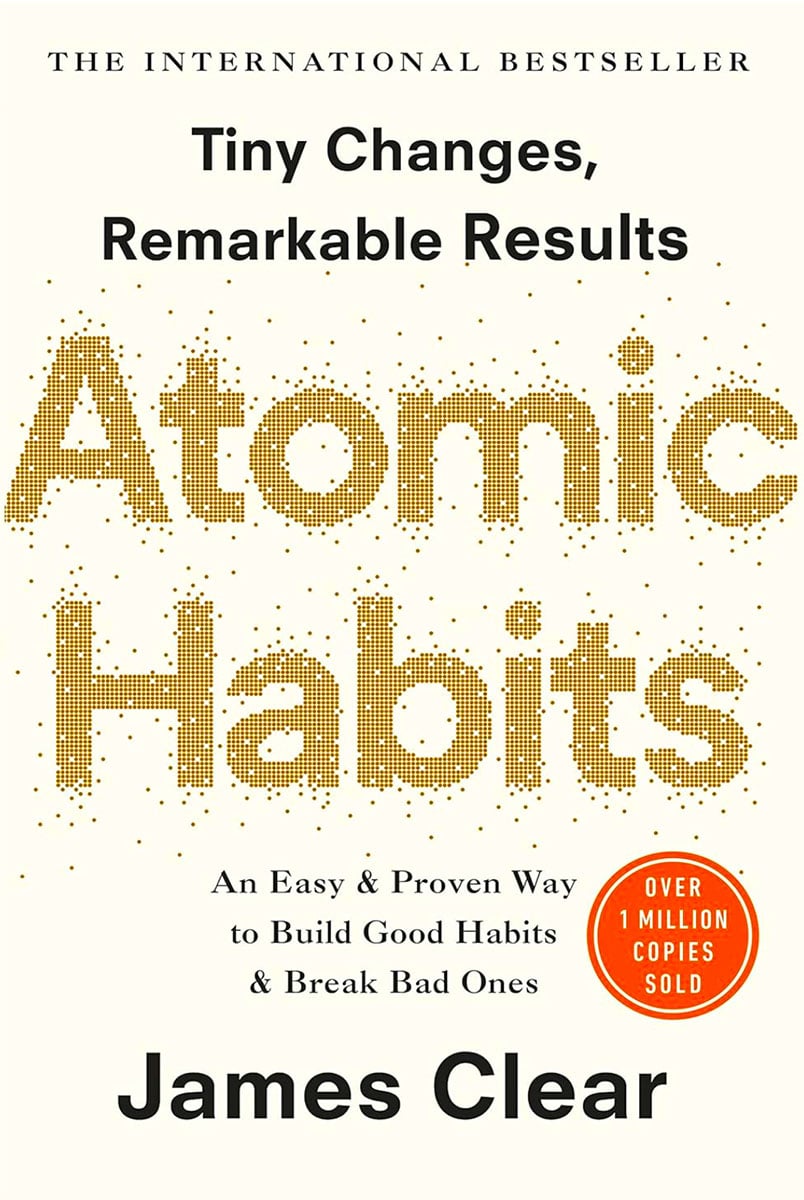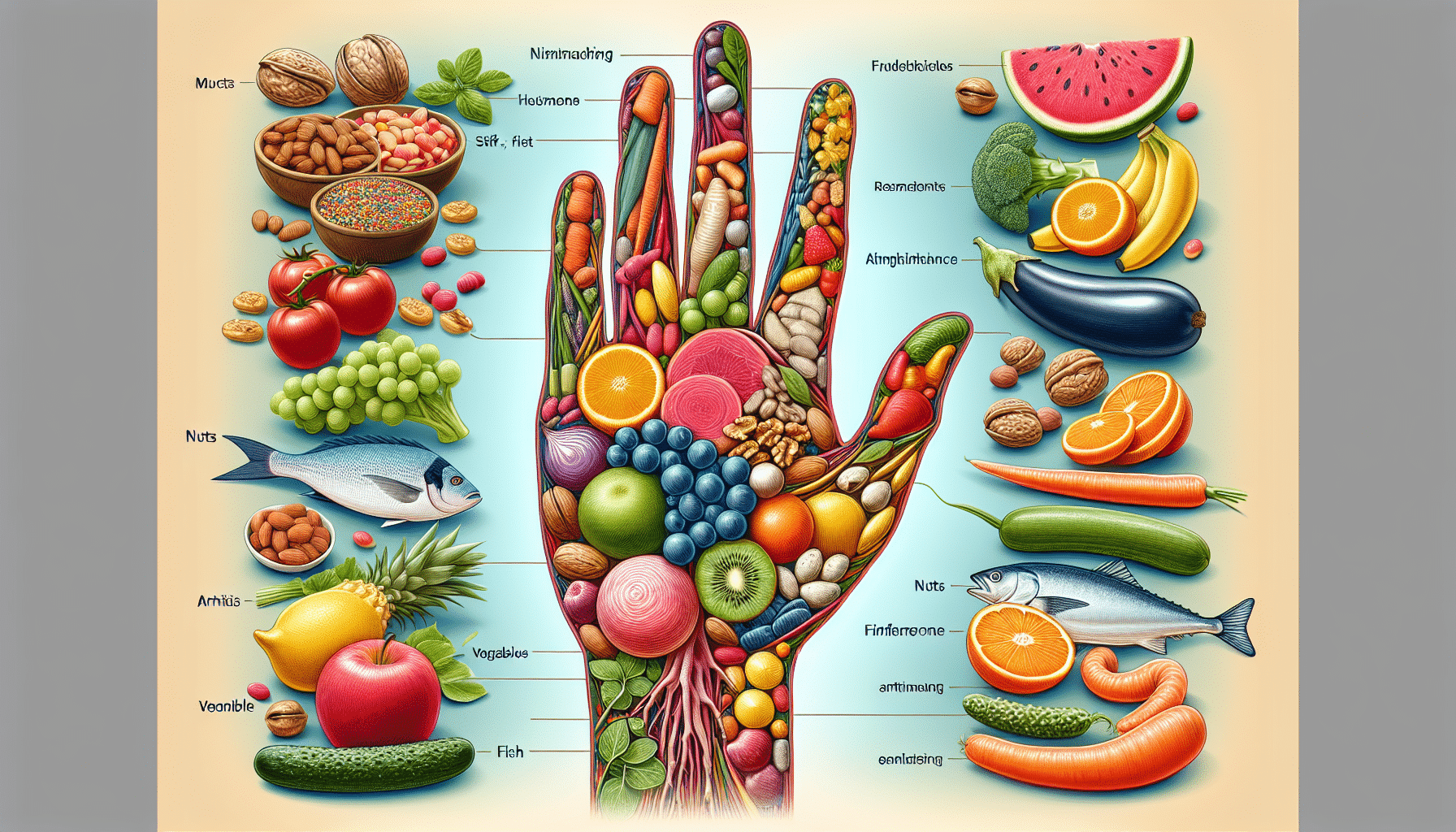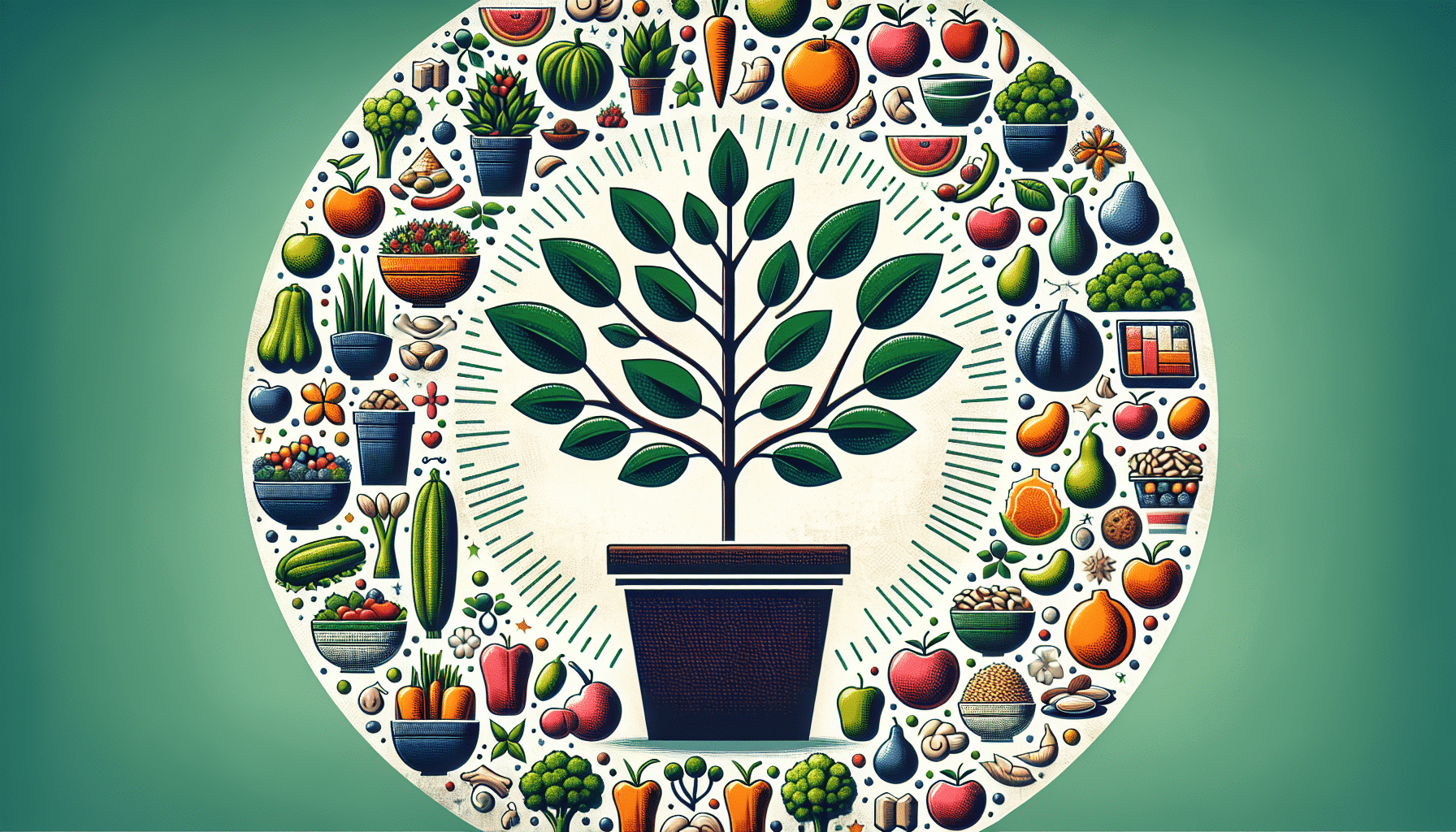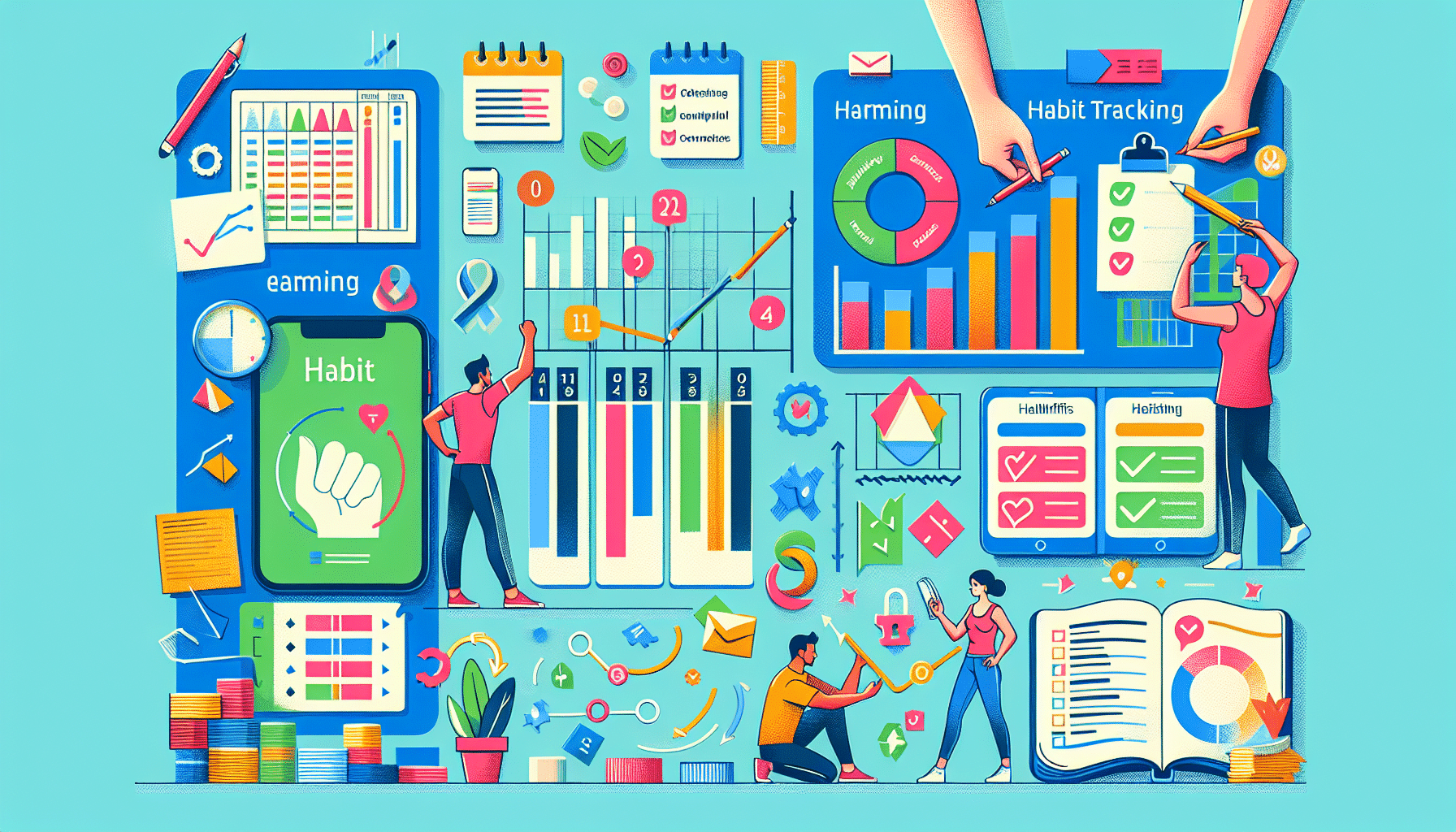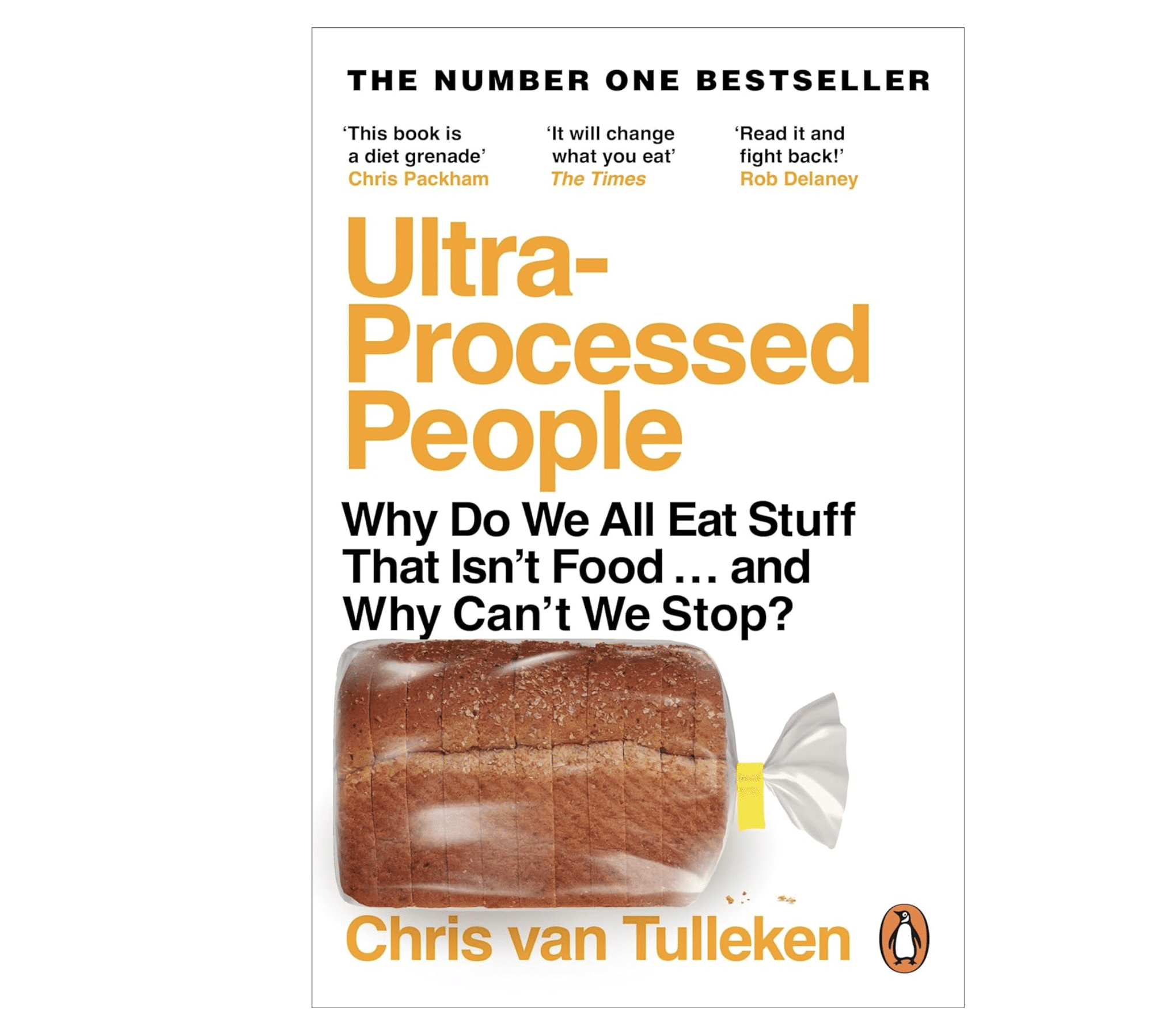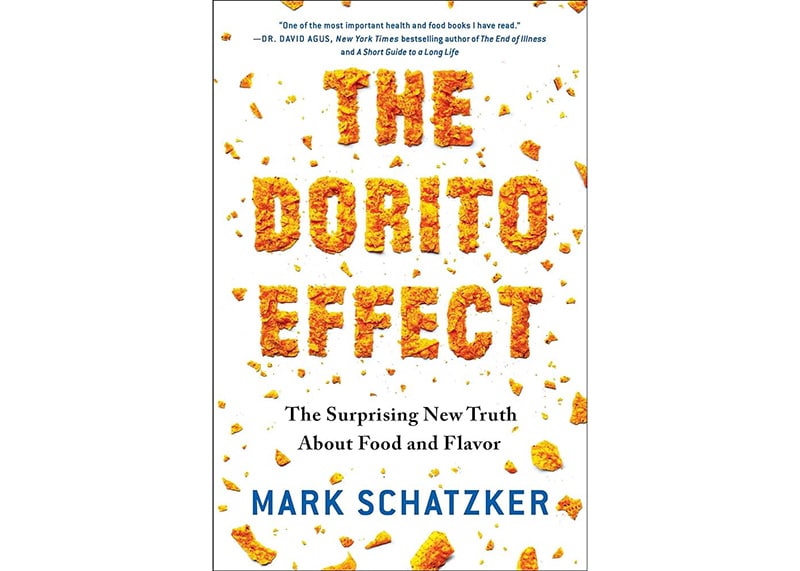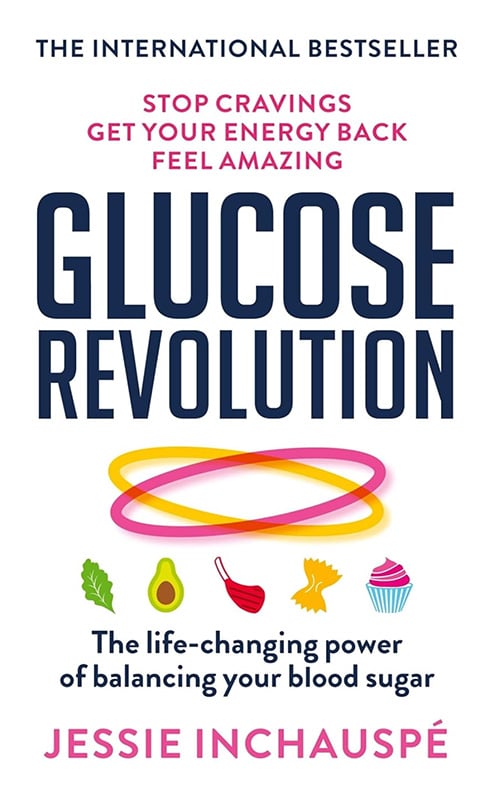
In Ultra-Processed People, Dr Chris van Tulleken delves into the fascinating world of our modern eating habits, exploring why we gravitate towards processed foods that are devoid of nutritional value.
This compelling book raises thought-provoking questions, shedding light on the factors that contribute to our collective obsession with unhealthy, ultra-processed diets.
Overview
In this book Dr Chris van Tulleken delves into the alarming trend of consuming ultra-processed foods and the detrimental effects it has on our health, society, and the environment.
This comprehensive review explores the different aspects of ultra-processed foods, including their definition, impact on health, role of the food industry, psychological aspects of consumption, and the sociocultural factors that contribute to this phenomenon.
The book also highlights the need for change and discusses efforts towards creating a healthier and more sustainable food system.
Author Background
Dr Chris van Tulleken is an established expert in the field of nutrition and public health. With years of experience and extensive research, the author brings forth a deep understanding of the complex relationship between food, health, and society.
His expertise in this subject matter lends credibility and authority to the book, making it a valuable resource for readers seeking to understand the issue of ultra-processed foods.
Here’s a summary of what you’ll learn in this fascinating book;
Understanding Ultra-Processed Foods
In this section, the book offers a clear definition of ultra-processed foods. These are highly processed food products that go through multiple stages of industrial processing, often containing a multitude of additives, preservatives, and artificial substances.
Ultra-processed foods are typically low in essential nutrients, high in unhealthy fats, sugars, and sodium, and lack the nutritional value provided by whole and minimally processed foods.
Impact on Health
The book then goes on to explore the extensive research that highlights the negative impact of ultra-processed foods on our health.
Regular consumption of these foods has been linked to a higher risk of obesity, heart disease, type-2 diabetes, and various other chronic illnesses.
The high levels of unhealthy additives and low nutrient content in ultra-processed foods have been found to contribute to nutrient deficiencies and an imbalanced diet.
To provide a relatable context, the book includes many examples of ultra-processed foods that have become staples in modern diets.
These include sugary cereals, packaged snacks, fast food meals, and soft drinks. By identifying these everyday food items as ultra-processed, readers can better understand the pervasiveness and accessibility of these detrimental products in our society.
The Food Industry’s Role
Manipulative Marketing Strategies
The Book sheds light on the manipulative marketing strategies employed by the food industry to entice consumers into purchasing ultra-processed foods.
It explores how clever packaging, misleading claims, and strategic placement of products in stores play a significant role in driving consumer choices. By understanding these tactics, readers can become more aware of the influence that advertising and marketing have on their own food consumption.
Profit-Driven Ingredients and Formulations
The book also delves into the profit-driven nature of the food industry. It reveals the prioritisation of cheap and addictive ingredients, such as high-fructose corn syrup and artificial flavourings, over healthier alternatives.
And how these ingredients are specifically formulated to enhance taste, texture, and shelf life, ultimately making ultra-processed foods more appealing and addictive to consumers.
By understanding the industry’s strategies, readers can begin to break free from the influence of ultra-processed foods and make more informed choices.

This image is property of images.pexels.com.
Emotional Eating
The book examines how emotions, stress, and social situations often lead individuals to turn to comfort foods as a coping mechanism.
By understanding the emotional connection to food, readers can develop healthier coping mechanisms and strategies to break free from the cycle of emotional eating.
Cravings and Addictive Properties
The book also uncovers the addictive nature of ultra-processed foods, particularly due to the combination of sugar, unhealthy fats, and sodium.
It explains how these substances interact with the brain’s reward system, leading to cravings and compulsive consumption.
By understanding the science behind cravings, readers can become more aware of their own food-related behaviours and develop strategies to overcome them.
Deforestation and Agriculture
The book examines the detrimental environmental impact of the production and consumption of ultra-processed foods. It explores the link between the demand for these products and the destruction of natural resources, such as deforestation for cattle farming or monoculture agriculture.
By understanding this connection, readers can develop a deeper appreciation for the environmental consequences of their food choices and consider more sustainable alternatives.
Waste Production and Plastic Packaging
Dr Chris van Tulleken explores the vast amount of single-use plastic generated by the packaging of these products and the resulting pollution and harm to wildlife and ecosystems. Readers are encouraged to consider the environmental impact of their food choices and seek alternatives that reduce waste and promote sustainability.
Impact on Local Communities
The book also discusses the impact of ultra-processed foods on local communities, particularly in terms of access to nutritious food options.
It explores the prevalence of “food deserts,” where communities lack affordable and fresh whole foods, leading to a reliance on cheap, unhealthy ultra-processed alternatives. This section emphasises the need for equitable access to healthy food choices and the importance of community-level interventions.

Nutrient Deficiencies
Drawing on scientific research, the book explores how regular consumption of ultra-processed foods often leads to nutrient deficiencies. These foods lack essential vitamins, minerals, and fibre, depriving the body of the nourishment it needs for optimal health.
Readers gain an understanding of the potential consequences of these deficiencies and are encouraged to prioritise whole, nutrient-dense foods in their diets.
Obesity and Chronic Diseases
This section examines the strong correlation between ultra-processed diets and obesity rates, as well as the increased risk of developing chronic diseases, such as heart disease, diabetes, and certain types of cancer.
Through an exploration of epidemiological studies, the book reveals the impact that these diets have on overall health outcomes. Readers are encouraged to adopt healthier eating habits and shift towards whole, unprocessed alternatives.
Long-Term Effects
The book concludes this section by discussing the long-term effects of consuming ultra-processed foods throughout one’s life. It explores how these diets can establish unhealthy eating patterns, leading to a cycle of poor health outcomes, both physically and mentally.
By understanding the long-term consequences, readers are motivated to make sustainable changes and prioritise their long-term well-being.
Busy Lifestyles and Convenience
This section examines how busy lifestyles and the desire for convenience contribute to the prevalence of ultra-processed foods in our diets.
The book explores the challenges individuals face in finding time to cook and prepare whole, nutritious meals, often leading to reliance on quick and easy processed options. Readers are encouraged to find practical solutions to incorporate healthier eating habits into their busy lives.
Social Pressure and Norms
The book also delves into the social factors that influence our food choices, including social pressure and societal norms.
It explores how cultural and social expectations can dictate what we eat and how these expectations can contribute to the consumption of ultra-processed foods. By understanding the influence of social pressure, readers are empowered to make choices that align with their health and well-being.
Lack of Education on Nutrition
This section sheds light on the lack of nutrition education within our society and education systems. The book examines how this lack of knowledge perpetuates the reliance on ultra-processed foods and further perpetuates the cycle of poor health. By emphasising the importance of nutrition education, readers are encouraged to seek out reliable sources of information and take control of their own health and well-being.
Public Awareness Campaigns
This section highlights the importance of public awareness campaigns in promoting healthier food choices and educating individuals about the impact of ultra-processed foods.
The book explores various successful awareness campaigns that have influenced consumer behaviours and fostered a shift towards whole, unprocessed foods. Readers are encouraged to actively engage with these campaigns and spread awareness within their communities.
Policy Changes and Regulations
The book emphasises the need for policy changes and regulations to address the prevalence of ultra-processed foods. It explores examples of successful policy interventions, such as stricter labelling requirements, sugar taxes, and restrictions on marketing to children.
Readers are encouraged to support policies that promote healthier food environments and advocate for change at both the local and national levels.
Promotion of Whole Foods and Home Cooking
This section highlights the importance of promoting whole foods and home cooking as a means to counter the reliance on ultra-processed foods.
The book provides practical tips and strategies for incorporating whole foods into everyday meals and emphasises the joy and satisfaction that comes from cooking with fresh, nutritious ingredients. Readers are empowered to take charge of their own health and rediscover the pleasures of home-cooked meals.
Conclusion
In conclusion, “Ultra-Processed People: Why Do We All Eat Stuff That Isn’t Food” provides a comprehensive review of the factors contributing to the widespread consumption of ultra-processed foods.
From the influence of the food industry through manipulative marketing strategies to the psychological and societal aspects that drive our food choices, the book sheds light on the complex nature of this issue.
However, it also offers hope and solutions by highlighting efforts towards change through public awareness campaigns, policy interventions, and the promotion of whole foods and home cooking.
By understanding the impact of ultra-processed foods and taking action, we can all play a role in creating a healthier and more sustainable food system for ourselves and future generations.

